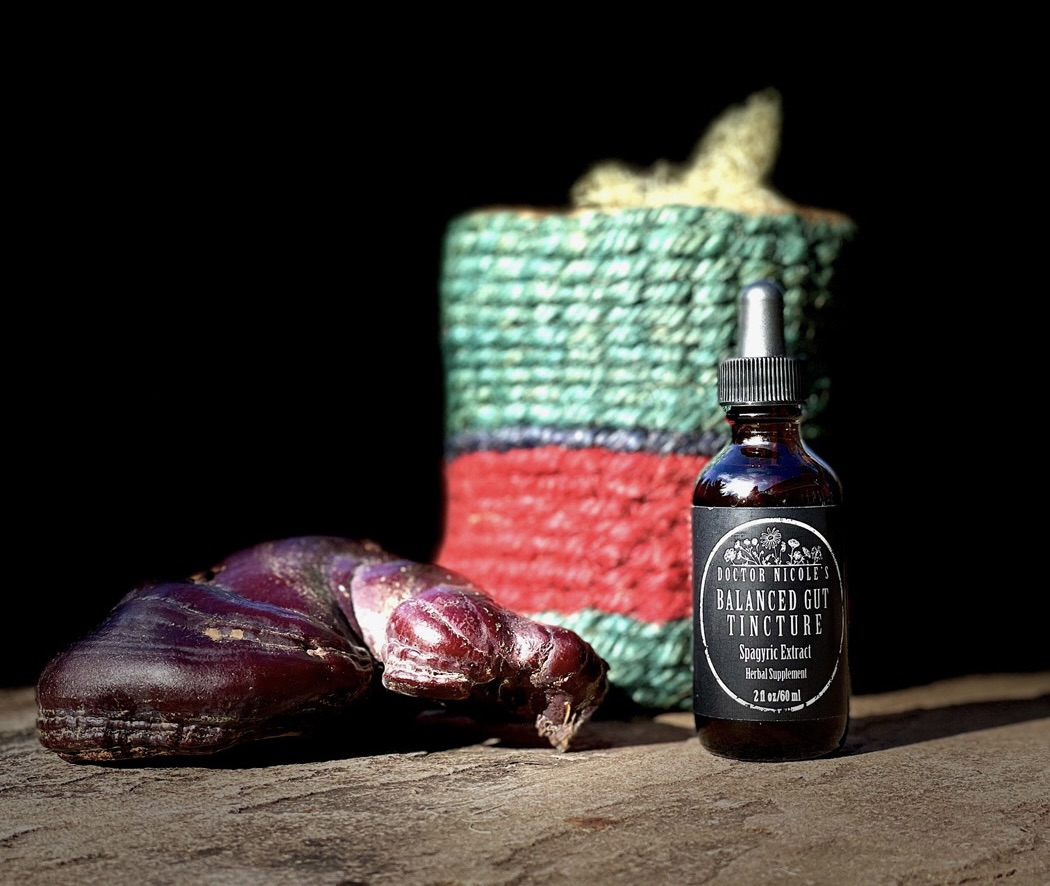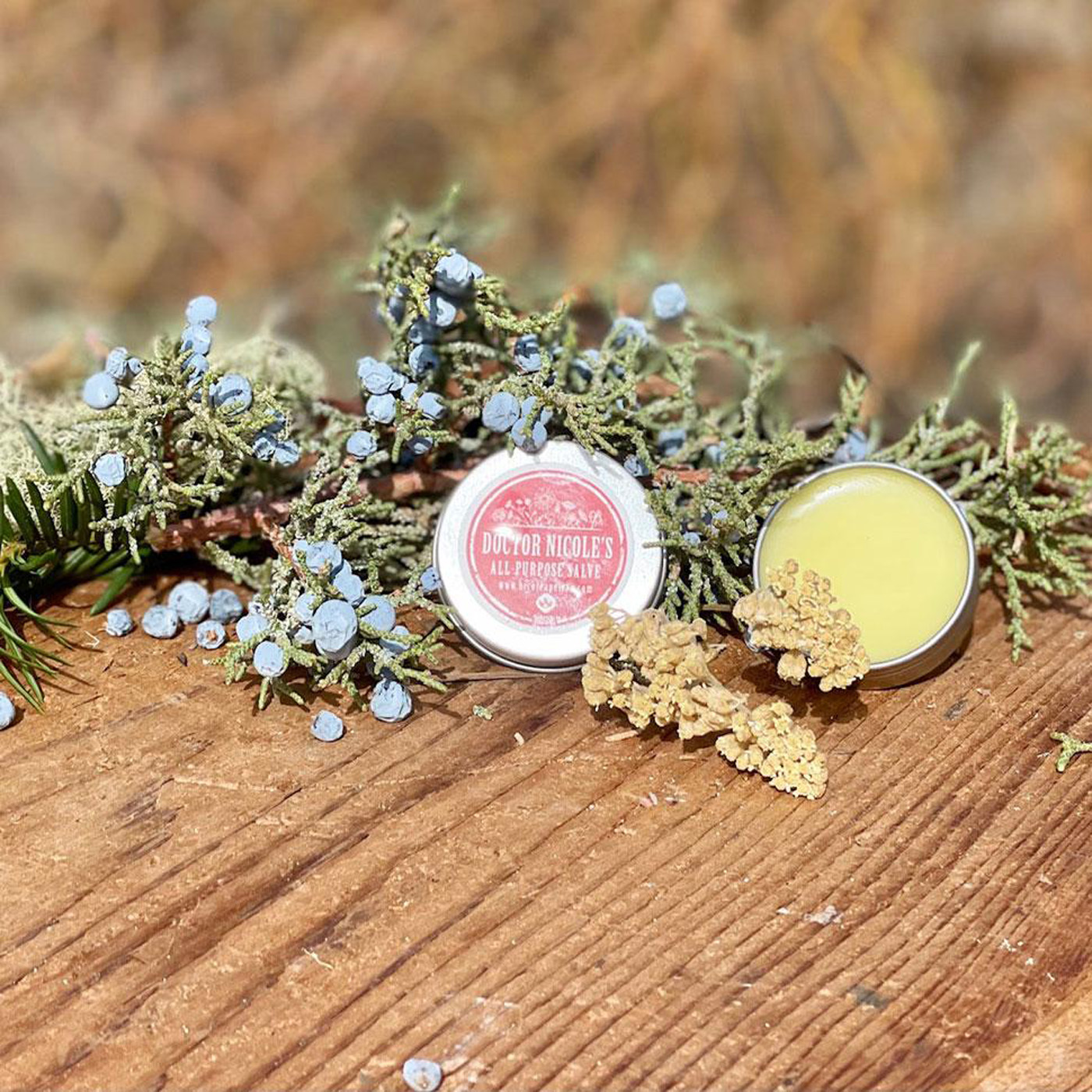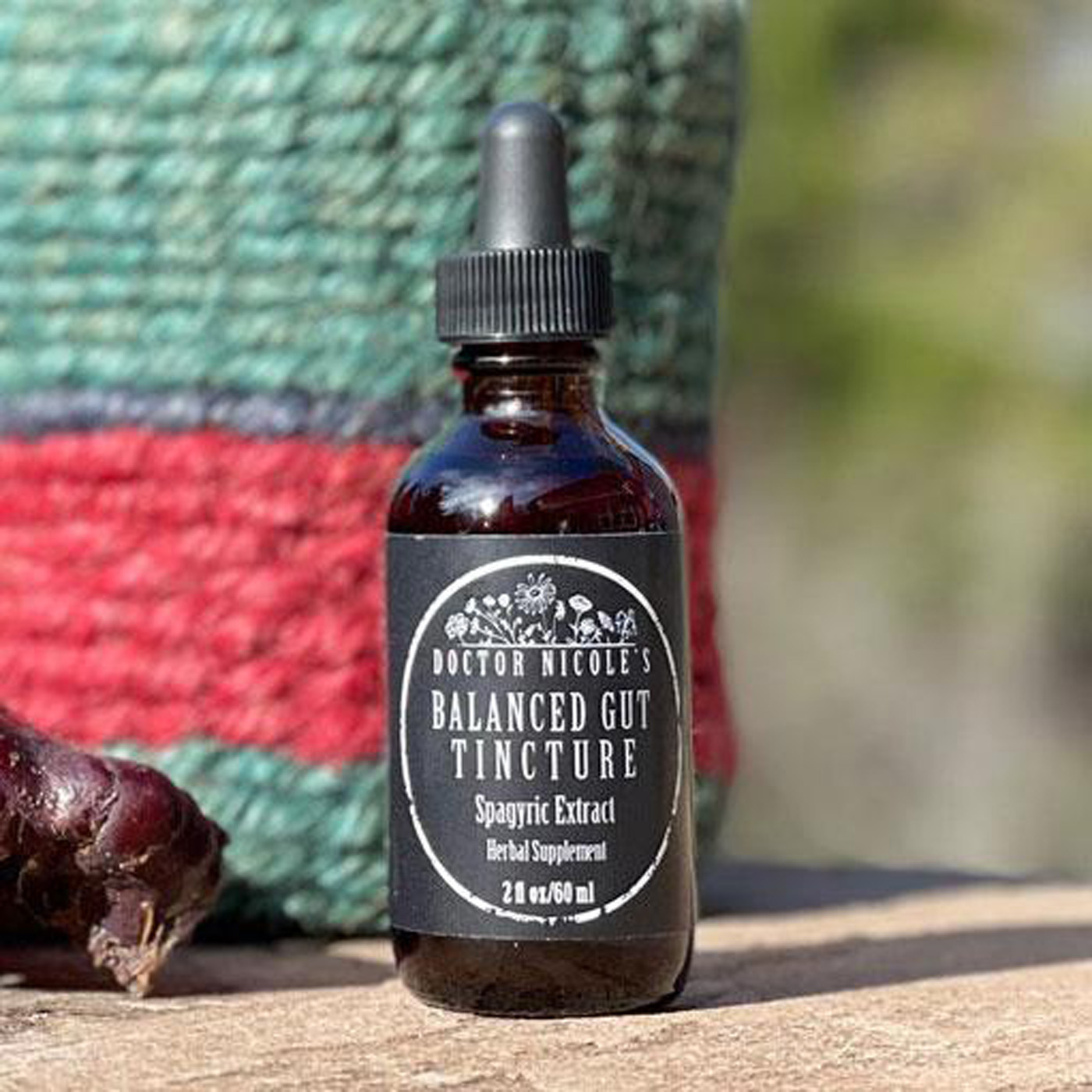Immune Response is Not Limited to the Gut
I have written quite a bit over the years about leaky gut and how it can influence everything from autoimmunity, food sensitivities, and depression to a range of skin conditions. Now researchers have discovered another approach to addressing food allergies as well as eczema and psoriasis: healing leaky skin syndrome. As you will see, the gut lining and skin barrier are more similar than you may think in the role each plays in immune response.
The Importance of the Skin Barrier for Health
One of the most crucial functions of the skin is to protect you from environmental threats, such as pathogenic infections and toxins. But what we may not realize is that the skin has its own microbiome — just like the gut.2 When it is disrupted it can cause dysbiosis in the lining of the skin, resulting in intercellular cracks, “allowing external material to penetrate the skin, blood, as well as the brain, lungs, and gut.”1
Similar to what happens in the gut when tight junctions are compromised and allow harmful agents such as toxins and microbes to pass into the bloodstream, leaky skin syndrome can trigger a systemic immune response. While the research is in its infancy, scientists and physicians are studying the implications of the condition and how it may be driving food allergies.

Dual Allergen Hypothesis
A fascinating 2015 study published in the New England Journal of Medicine came to a surprising conclusion: early exposure to peanuts in young children through ingestion significantly decreased the frequency of developing an allergy to the food — just 1.9% in those who consumed peanuts before the age of five, compared to 13.7% of those that avoided peanuts.3 These findings led physicians to recommend that infants with eczema should be given peanut-containing food early in life to lower the risk of developing an allergy to it later on through immune tolerance. However, there is a catch. The research team emphasized that peanuts need to be ingested compared to early exposure via the skin as topical contact increased the risk of allergy.
“We can say, for a long time, we thought it was the food allergy that was driving the skin, but now we think it’s the skin driving the food allergy, so we really have to get your skin better, ” says Peter A. Lio, MD, an assistant professor of clinical dermatology and pediatrics at the Northwestern University Feinberg School of Medicine, who was not involved in the study.
Lio points out that the gut plays a key role in the severity of eczema as well. A small double-blind, placebo-controlled, cross-over study published in the Journal of Pediatrics found a strong association between the severity of eczema and intestinal permeability, otherwise known as “leaky gut“.4 When the children were given probiotic lactobacilli (Lactobacillus rhamnosus 19070-2 and L. reuteri DSM 12246) for six weeks, the supplement stabilized intestinal barrier function and improved eczema symptoms.
“This tells us we probably can affect the leakiness of the gut, and for sure, we can affect the leakiness of the skin, either very directly with things like our moisturizers,” Lio said, “but maybe even by manipulating the microbiota of the skin, we’ll be able to make some change.”5

How to Protect the Skin Barrier
Many factors can disrupt your skin microbiome and should be avoided, including:
- Extreme humidity or a dry environment
- Excessive sun exposure
- Alkaline detergents and soaps
- Over washing
- Disinfectants in public water supplies
- Environmental chemicals
- Household cleaning supplies
- Alcohol-based hand sanitizers
- Chronic stress
- Poor diet
- Personal care products, such as antibacterial soap
To encourage a healthy skin barrier, focus on slightly acidic skin care products and lotions that have a pH between 4.0 to 5.0. Certain plant oils can help repair the skin barrier and promote moisture, some of which have antibacterial, anti-inflammatory, and antioxidant properties.6 These oils include:
- Argan
- Jojoba
- Borage
- Rosehip
- Almond
- Coconut
- Primrose
- Olive
- Lavender
Also look for moisturizers that mimic the ceramides found naturally in the stratum corneum of the skin. These waxy lipids have been shown to strengthen the structural integrity of the skin barrier.7
See my All-Purpose (First Aid) Salve in the apothecary for a convenient topical product utilizing olive and lavender oils to improve the health of the skin. If you are suffering from eczema or psoriasis, it is also important to tend to gut health. Here’s how.
Herbal Solutions for Gut Health
Autoimmunity and many skin conditions are closely tied to the gut. If there is microbiome dysbiosis and/or leaky gut, it significantly impacts immune response — which in turn can trigger an autoimmune reaction, including psoriasis, or lead to the development of eczema.
Personally, I have found healing the gut to be crucial in managing my MS. This is why I use our Balanced Gut Blend every day. It contains dual-extracted reishi, turkey tail, and lion’s mane medicinal mushrooms to help heal leaky gut, cool inflammation, and encourage a healthy microbiome. This blend also includes plantain, slippery elm, and marshmallow root to soothe mucous membranes, calm inflammation, and provide a protective layer that helps the gut to regenerate.
It is one of our most popular formulations for good reason!
I ABSOLUTELY LOVE THIS!
“My stomach used to be upset no matter what I did or ate. Now I have little to no problems.” -Tracey K.
If you are struggling with a health condition, supporting the gut is key. Visit my apothecary today to learn more about our Balanced Gut Blend and many other helpful herbal formulations that can help you to feel your best!
Nicole Apelian
Nicole’s Apothecary Products in this Post
References
- “Leaky Skin Syndrome” Dr. Lionel Breton, Special Issue: Microorganisms. https://www.mdpi.com/journal/microorganisms/special_issues/W08H2TP582
- Smythe P, Wilkinson HN. The Skin Microbiome: Current Landscape and Future Opportunities. Int J Mol Sci. 2023 Feb 16;24(4):3950. doi: 10.3390/ijms24043950. PMID: 36835363; PMCID: PMC9963692.
- Du Toit, G., Roberts, G., Sayre, P. H., Bahnson, H. T., Radulovic, S., Santos, A. F., Brough, H. A., Phippard, D., Basting, M., Feeney, M., Turcanu, V., Sever, M. L., Gomez Lorenzo, M., Plaut, M., Lack, G., & LEAP Study Team (2015). Randomized trial of peanut consumption in infants at risk for peanut allergy. The New England journal of medicine, 372(9), 803–813. https://doi.org/10.1056/NEJMoa1414850
- Effect of probiotics on gastrointestinal symptoms and small intestinal permeability in children with atopic dermatitis Rosenfeldt, Vibeke et al. The Journal of Pediatrics, Volume 145, Issue 5, 612 – 616. https://www.jpeds.com/article/S0022-3476(04)00634-1/abstract
- “Forget Leaky Gut… Let’s Talk About Leaky Skin” by Andrew D. Bowser, MedPage Today, August 20, 2019. https://www.medpagetoday.com/reading-room/aad/general-dermatology/81684
- Lin TK, Zhong L, Santiago JL. Anti-Inflammatory and Skin Barrier Repair Effects of Topical Application of Some Plant Oils. Int J Mol Sci. 2017 Dec 27;19(1):70. doi: 10.3390/ijms19010070. PMID: 29280987; PMCID: PMC5796020.
- Mori, K., Seki, T., Kaizu, K., Takagi, Y., Miyaki, M., Ishizaki, C., & Katayama, I. (2019). Efficacy of a moisturizer containing a pseudo-ceramide and a eucalyptus extract for Japanese patients with mild atopic dermatitis in the summer. Journal of cosmetic dermatology, 18(3), 850–856. https://doi.org/10.1111/jocd.12735








